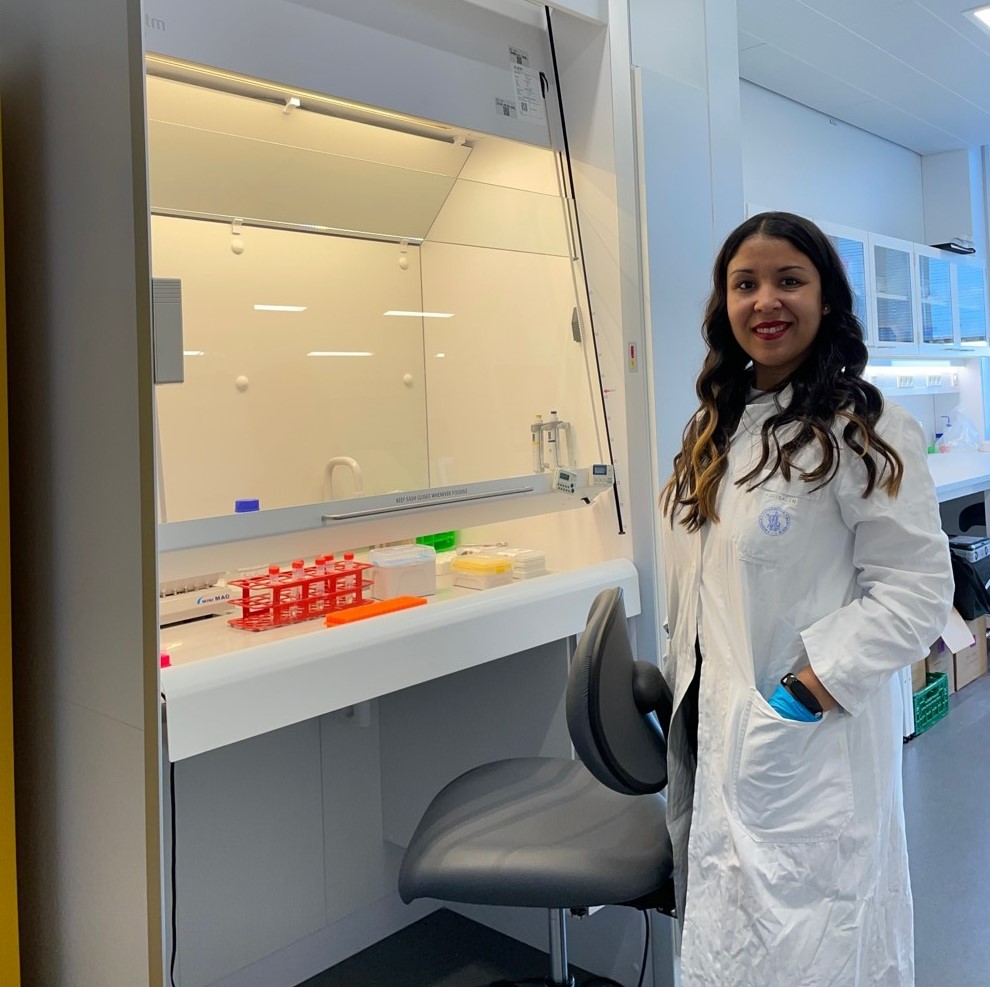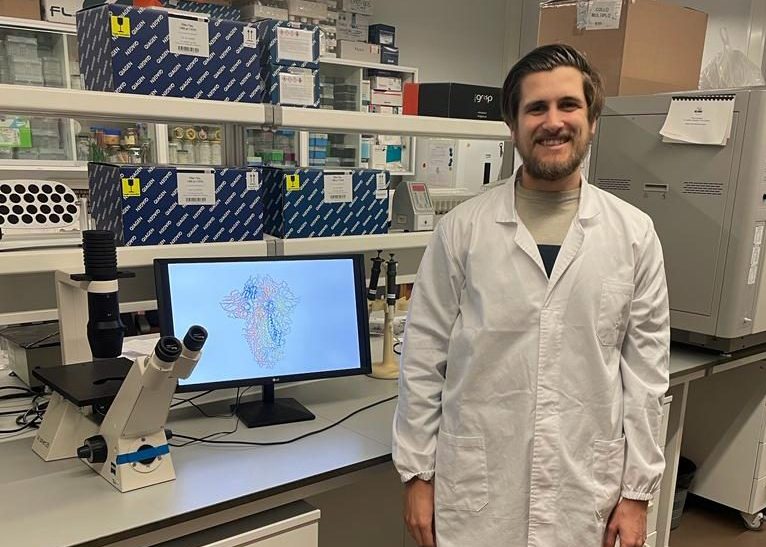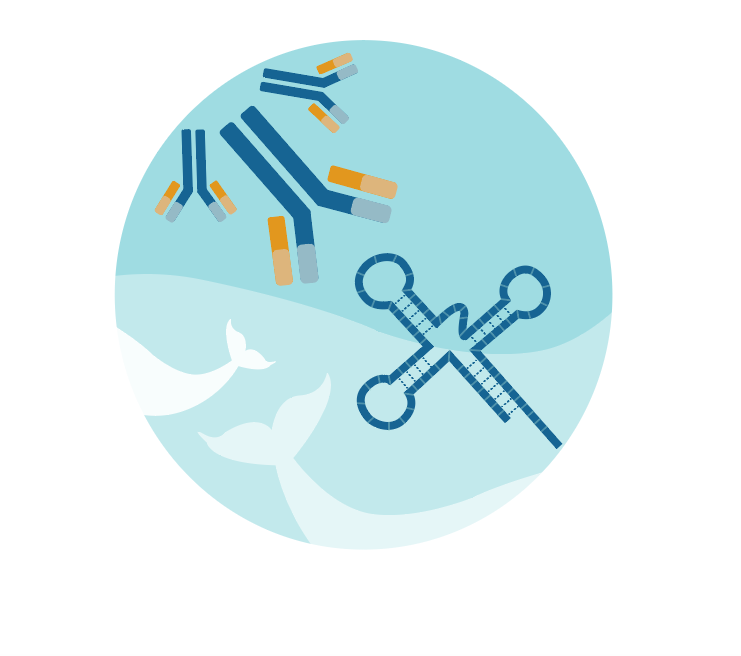As part of the Erasmus+ project ‘To bee or not to bee’, the Laboratory of Microbiology and Food Technology of the Department of Aquatic Production of the ‘Instituto de Ciências Biomédicas Abel Salazar’ (ICBAS) of the University of Porto received, last Friday 18 March, a group of students and teachers from the ‘Agrupamento de Escolas de Alfândega da Fé’ and other partner schools of the project.
Portugal, Croatia, Slovenia, Romania and Poland were the countries of origin of the 31 students and 11 teachers of the 9th grade and of secondary education who had the opportunity to attend, at ICBAS, a workshop on honey and its benefits on health, specifically about the potential antibiotic properties of this product.
The ‘To bee or not to bee’ project aims to raise the awareness of civil society in general, and the educational community in particular, about the importance of bees to the environment, the economic relevance of the beekeeping sector and also about the potential of bee products for health, cosmetics, among others.
During the implementation of the project, students and teachers visited schools in partner countries to learn from activities promoted by the host country. It was in this sense that the ‘Agrupamento de Escolas de Alfândega da Fé’ chose ICBAS as a institution to visit, in order to “present, to partners, research projects related to the potential of products from beekeeping, namely propolis and honey”, as explained by João Vaz, professor at the ‘Agrupamento de Escolas de Alfândega da Fé’.
Participants were also made aware of the importance of preventing antibiotic resistance and discovering new substances with antimicrobial properties. As Paulo Martins da Costa, professor at ICBAS and responsible for the Laboratory of Food Microbiology and Technology, points out, “from honey and propolis – a preparation produced by bees to disinfect their hive – good solutions can be extracted to treat some infections caused by antibiotic resistant bacteria. At the same time, we are pleased to observe the interest of young students about the environmental importance of bees”, adding that “cooperation, whether in the world of bees or in the world of knowledge, always bears delicious fruits”.
This text was written by Begoña Perez Cabezas | One Health Programme Officer at ICBAS


